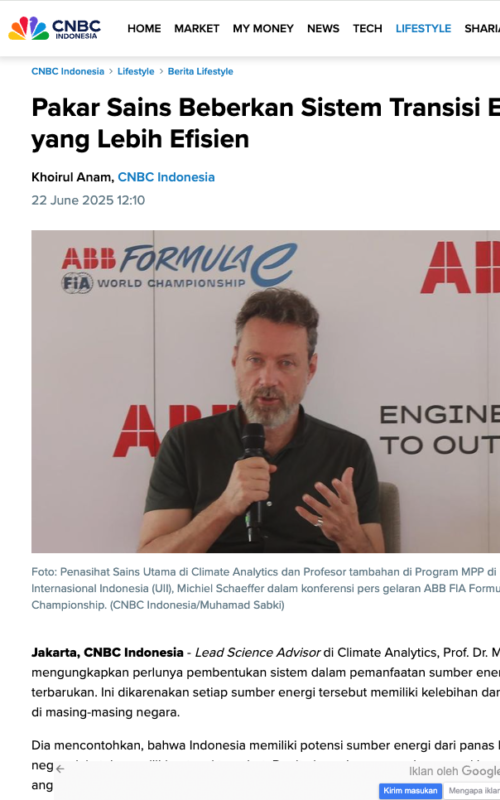Media coverage
Share
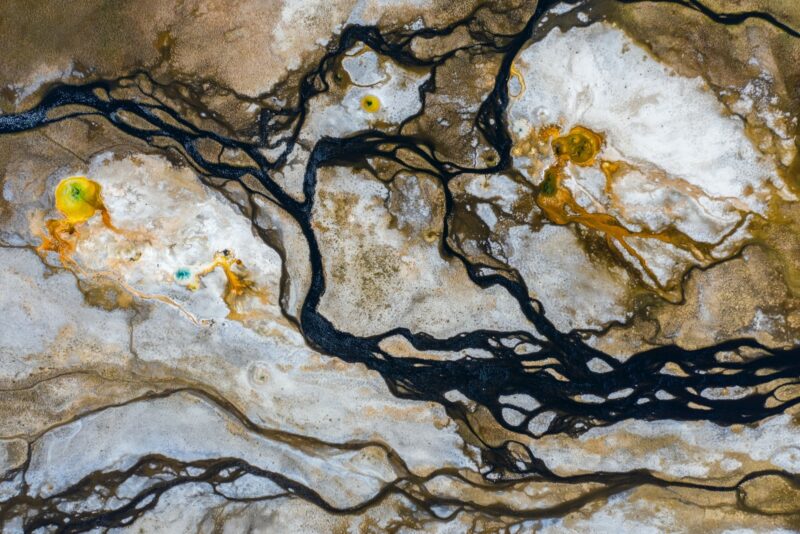
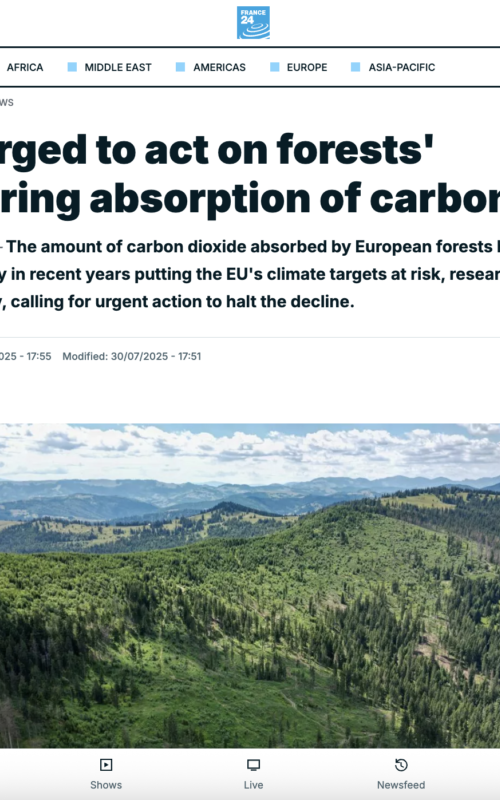
AFP
In April, research by Climate Analytics warned that major economies are overstating how much carbon their forests can absorb in a climate accounting fudge that could allow them to use even more fossil fuels.
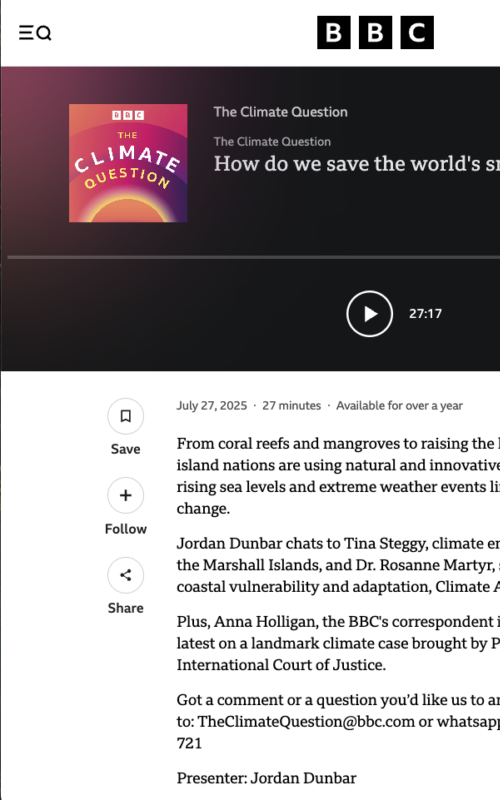
BBC podcast: The Climate Question
Jordan Dunbar chats to Tina Steggy, climate envoy for the Republic of the Marshall Islands, and Dr. Rosanne Martyr, senior scientist on coastal vulnerability and adaptation, Climate Analytics.

The Independent
Bill Hare said the court had reinforced the legal weight behind existing agreements. “States have a responsibility to regulate private activity within their jurisdictions and they have a responsibility to all other states for the consequences of actions taken,” he said. “This together means that countries have an obligation to limit, reduce and ultimately eliminate fossil fuel production.”

The Guardian
Bill Hare told The Guardian “Any investment in new fossil fuels now is a fool’s gamble, while joining the race to renewables can only bring benefits – not just jobs and cheaper energy at stable prices, but energy independence and access where it’s needed most".

BBC News
Migration visas for Tuvalu citizens at risk of sea level rise "are the repercussion of our failure to meet the Paris Agreement's targets," Dr Rosanne Martyr told the BBC.

Inside Climate News
Analysis by Climate Analytics projects that heatwave days will double or triple in Berlin, Paris, Madrid and other cities by the end of the century without drastic cuts of global greenhouse gas emissions.

Anadolu Agency
Bill Hare told Anadolu that Germany has failed to move quickly enough, jeopardising its ability to meet the EU’s 2030 climate and energy framework.

Público
"We're close to 1.5°C of global warming, and Europeans are already suffering from record heat. That's why, as we approach the Paris Agreement threshold, it's so important that people understand the dangers associated with exceeding that threshold," Bill Hare told Público.
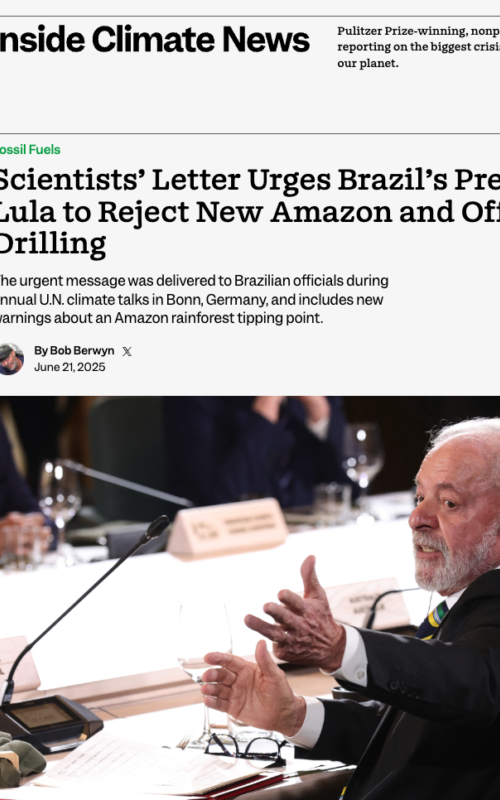
Inside Climate News
The urgent message was delivered to Brazilian officials during annual UN climate talks in Bonn by Bill Hare, and includes new warnings about an Amazon rainforest tipping point.
